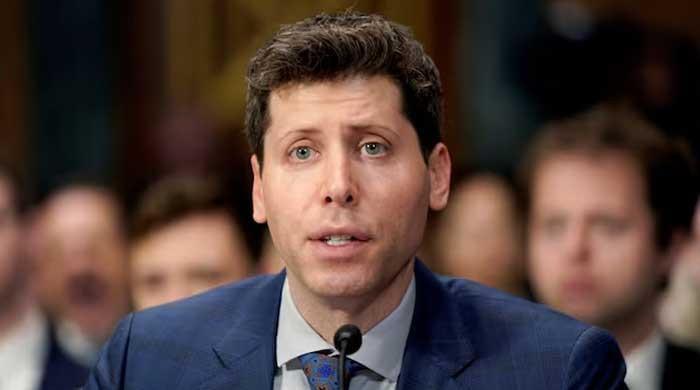Openai CEO Sam Altman has expressed serious concerns about how artificial intelligence quickly undermines traditional identity verification methods, especially in financial and security systems.
Speaking of the evolution of the landscape of threats, Altman said it was alarmed that certain financial institutions are still counting on votes fingerprints for authentication – a method which, according to him, has already been made ineffective by AI capacities.
“One thing that terrifies me is that some banks always accept voice fingerprints to verify identity,” he said. “The AI has completely broken this method.” Altman explained that although passwords always offer a certain level of security, the most modern and practical forms of authentication – such as voice recognition or facial selfies – are no longer reliable at a time of powerful generative AI tools.
He warned against a wave of imminent fraud, because IA tools capable of imitating human voices and appearances become more accessible and sophisticated. “We have tried, and other members of the technological community have also tried, to alert people. A bad actor could easily use these tools. It is not difficult to do, and it happens very soon,” said Altman.
He underlined recent incidents involving ransom scams where criminals use votes generated by AI of relatives of a victim – like a child or a parent – to create urgent and credible scenarios by phone. These tactics, warned of altman, are about to become even more convincing with the introduction of video calls generated by AI which are almost impossible to distinguish true.
“It will become so convincing that society must basically rethink the way we authenticate people,” he said. “Soon, a simple vocal call or even a facetime might not be trustworthy. We must prepare people for a world where traditional means of verifying identity no longer work. The impact of this on fraud and security is massive.




